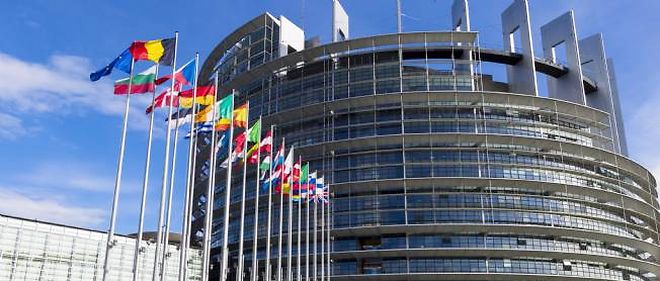Investments of today will determine how sustainable our economy will be in thirty years from
Private investment into sustainable rather than harmful economic activities is gaining traction. The European Commission was right to make proposals for the EU to lead the way in sustainable finance by proposing harmonized European definitions for investors to provide certainty about what can be considered sustainable investments. But for the EU to live up to the promise made in the Paris climate agreement to align financial flows with a 1.5-degree world, more ambition is needed. Whether the EU will live up to this promise depends on the ambition of the new Commission and the willingness of the Parliament and Member States to put words into action. At least four challenges are waiting for action from the incoming European Commission.
First, a framework that defines future policy action on a sustainable finance agenda should not limit itself to investors already interested in doing something positive for people and planet. Instead, EU action should contribute to making all finance more sustainable and shift the trillions of investments from unsustainable to sustainable economic activities. This is why we proposed to use the taxonomy not just for those financial market products with a specific environmental objective, but for a much wider range of financial products including ordinary shares and bonds sold to investors and also to bank accounts.
Second, we need to combat greenwashing more forcefully. Self-regulation and measures such as voluntary green bond standards are insufficient to ensure that green public and private finance really is sustainable. An EU definition of sustainable finance must make clear that there is no such thing is clean coal, sustainable nuclear energy, or green gas infrastructure. This is why it is important that Parliament explicitly excludes fossil fuels, fossil infrastructure and nuclear energy investments from being considered ‘sustainable investment’. Investors must also understand that environmentally sustainable investment requires respect of robust human rights standards. Only financial market participants who can proof their financial products are in line with the EU definitions should be allowed to sell products as “sustainable”, “green” or “ethical”.
Third, the EU should not only define what are sustainable investments, but also create clarity about the most environmentally harmful investments. This will send a strong signal to public and private investors and banks that investing in or lending to economic activities like coal, shale gas, factory farming is both risky and unsustainable. Also, it will provide transparency on the amounts of unsustainable investments out there, which in turn is instrumental for shareholder pressure to put pressure on companies to transform unsustainable activities into sustainable ones.
Measuring “brown” activities should not be limited to capital markets, but also include the banking sector which is still financing the bulk of the European economy. The Central Banks and Supervisors Network for greening the financial system has also called for a clear clarification between green, non-green, brown and non-brown assets in order to understand their risks. The European supervisors should be required to integrated climate change into their stress testing methodologies to deal in an orderly fashion with the financial risks related to stranded assets. Finally, measuring the sustainability of financial assets and loans will remain challenging without more detailed reporting by the corporate sector. An ambitious revision of the corporate reporting framework is long overdue. There are already good initiatives such as the Platform for Carbon Accounting Financials, to assess and disclose greenhouse gas emissions of loans and investments. There is no excuse to start measuring and estimating sustainability impact now, but the EU should help the financial sector in getting access to comparable information by corporates on key sustainability indicators by updating the reporting rules. So far there has been a lot of political support for EU action to promote sustainable investment. Both companies and politicians love measures that help them to look greener and can be presented as win-win for all stakeholders. But a sustainable finance agenda that really achieves its objective of speeding up the urgent green transformation of the realneconomy will also hurt certain vested interests.
If the Von Der Leyen Commission is serious about its sustainability ambitious, it should grasp the nettle of this more difficult part of the sustainable finance



















